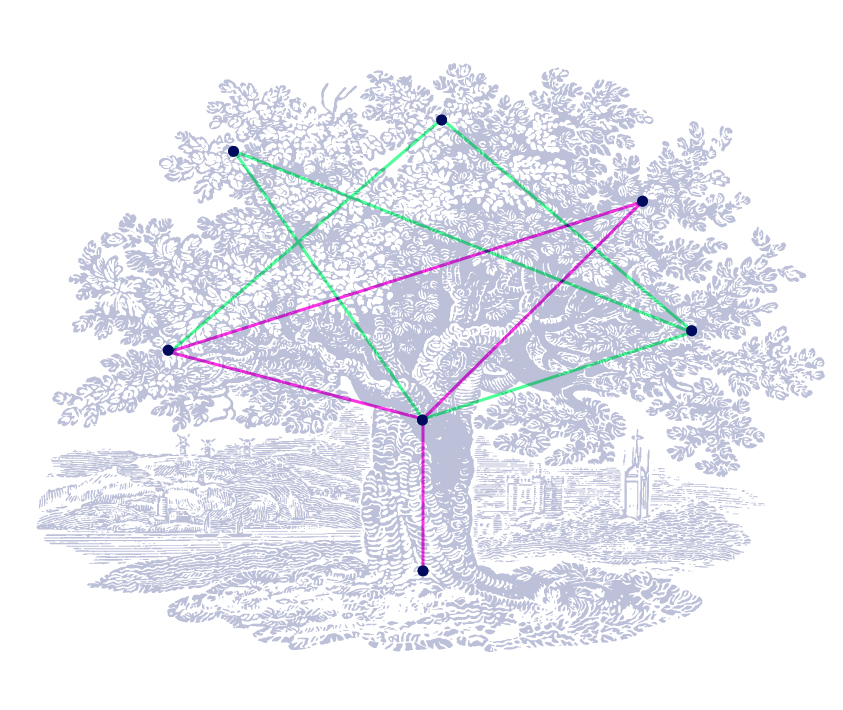

Footprint Digital

Essex, United Kingdom
April 2023
Advertising & market research
Service with Minor Environmental Footprint
United Kingdom
In 2011, the Footprint Digital founders set out to change the way businesses do digital. Fed up of being encouraged to just 'keep clients quiet' they wanted to create an agency that went beyond expectations. Where digital would be more human. Where clients would be supported by a team of digital experts who were proud of their work. In an environment where everyone could learn and grow. Now, ten years on, Footprint Digital has done just that. The company has grown in size and in expertise, but has retained the most important thing - its unique culture of openness, honesty and fairness, and family. We help you join the dots & make your digital marketing more effective with specialist data-driven marketing services including: Strategy, SEO, PPC, CRO, Content Marketing and Digital Sustainability. Give our team a call today to find out how we can help you achieve more.
Overall B Impact Score
Governance 19.6
Governance evaluates a company's overall mission, engagement around its social/environmental impact, ethics, and transparency. This section also evaluates the ability of a company to protect their mission and formally consider stakeholders in decision making through their corporate structure (e.g. benefit corporation) or corporate governing documents.
What is this? A company with an Impact Business Model is intentionally designed to create a specific positive outcome for one of its stakeholders - such as workers, community, environment, or customers.
Workers 27.6
Workers evaluates a company’s contributions to its employees’ financial security, health & safety, wellness, career development, and engagement & satisfaction. In addition, this section recognizes business models designed to benefit workers, such as companies that are at least 40% owned by non-executive employees and those that have workforce development programs to support individuals with barriers to employment.
Community 23.2
Community evaluates a company’s engagement with and impact on the communities in which it operates, hires from, and sources from. Topics include diversity, equity & inclusion, economic impact, civic engagement, charitable giving, and supply chain management. In addition, this section recognizes business models that are designed to address specific community-oriented problems, such as poverty alleviation through fair trade sourcing or distribution via microenterprises, producer cooperative models, locally focused economic development, and formal charitable giving commitments.
Environment 9.2
Environment evaluates a company’s overall environmental management practices as well as its impact on the air, climate, water, land, and biodiversity. This includes the direct impact of a company’s operations and, when applicable its supply chain and distribution channels. This section also recognizes companies with environmentally innovative production processes and those that sell products or services that have a positive environmental impact. Some examples might include products and services that create renewable energy, reduce consumption or waste, conserve land or wildlife, provide less toxic alternatives to the market, or educate people about environmental problems.
Customers 4.2
Customers evaluates a company’s stewardship of its customers through the quality of its products and services, ethical marketing, data privacy and security, and feedback channels. In addition, this section recognizes products or services that are designed to address a particular social problem for or through its customers, such as health or educational products, arts & media products, serving underserved customers/clients, and services that improve the social impact of other businesses or organizations.